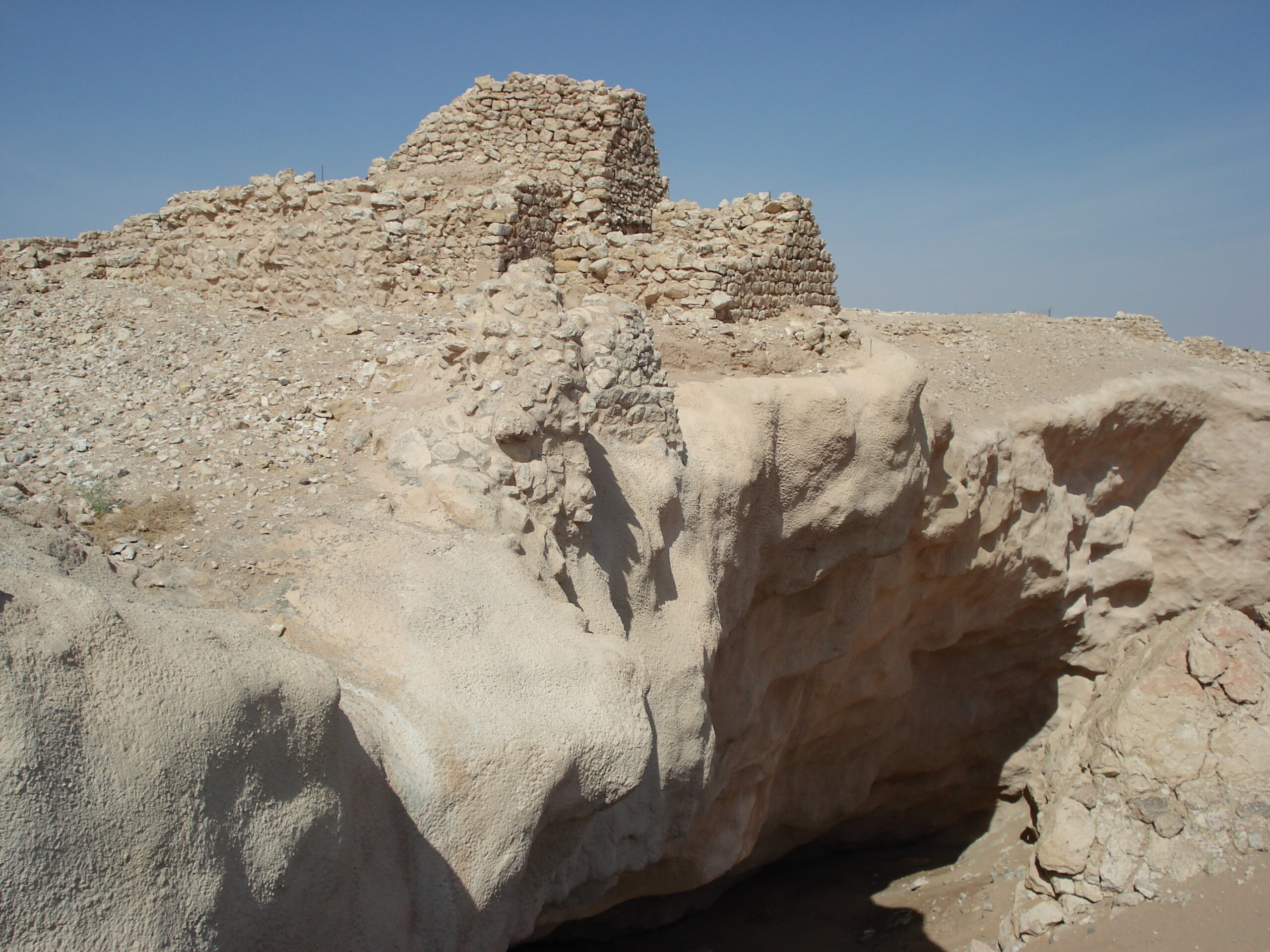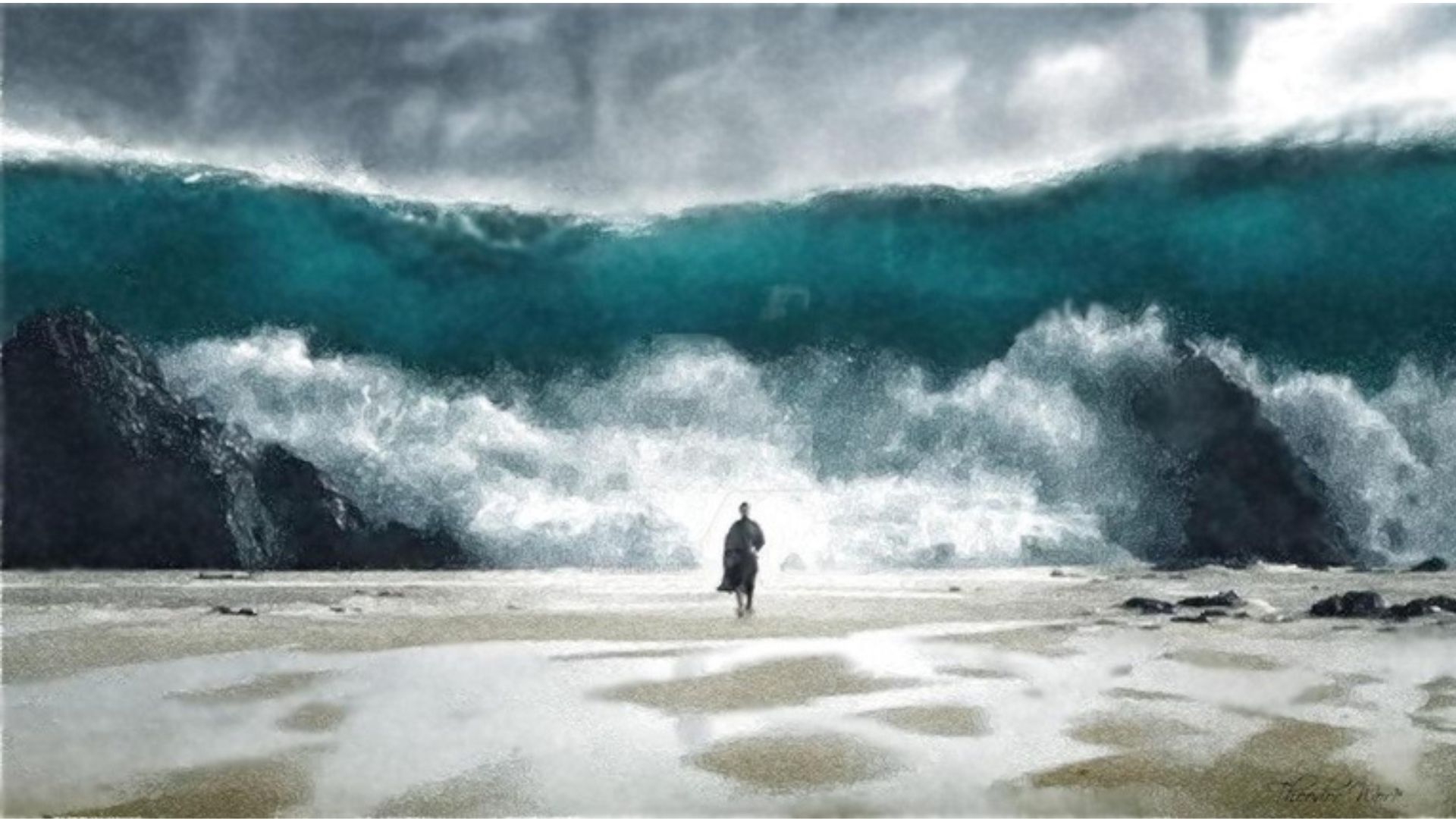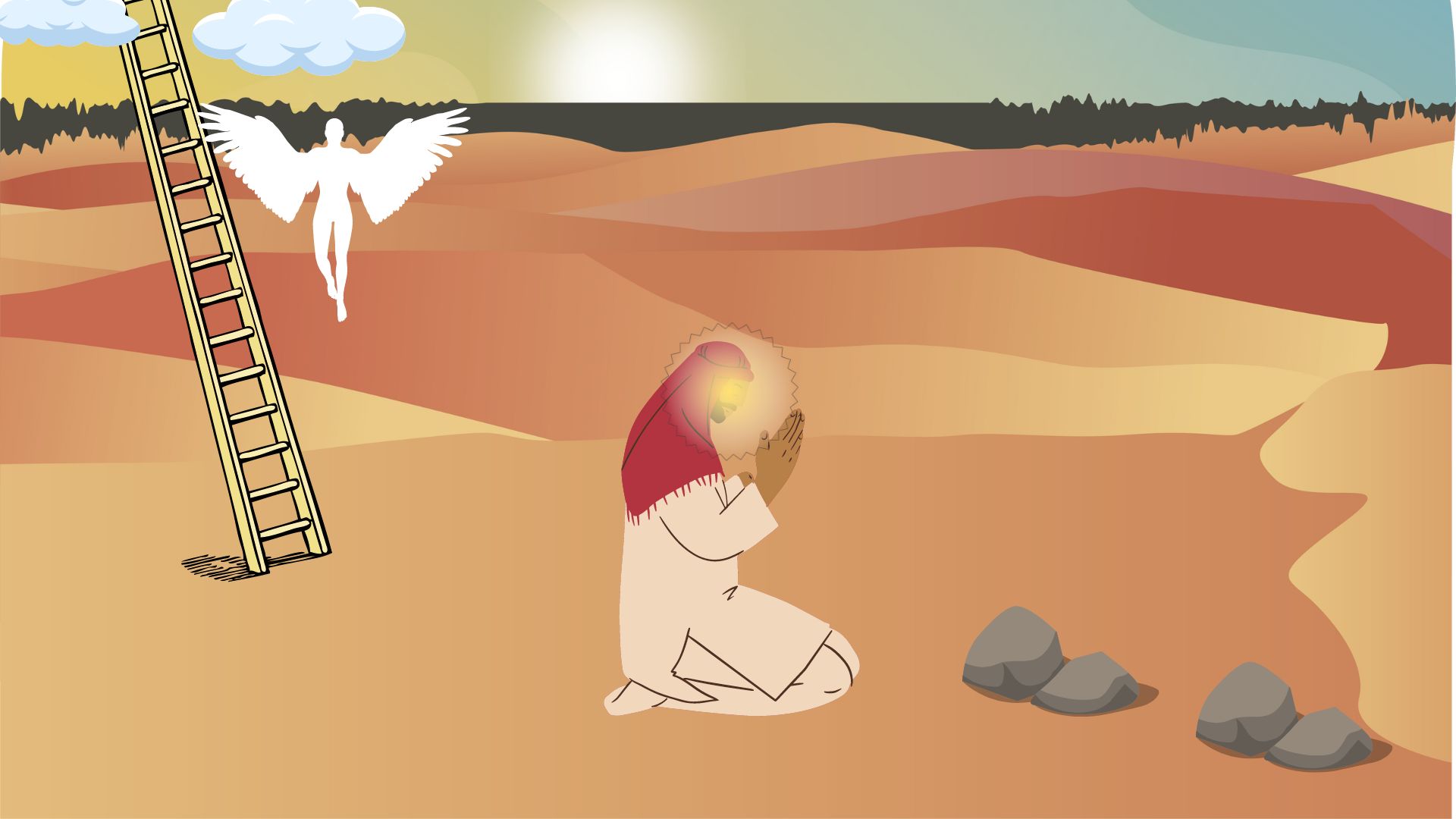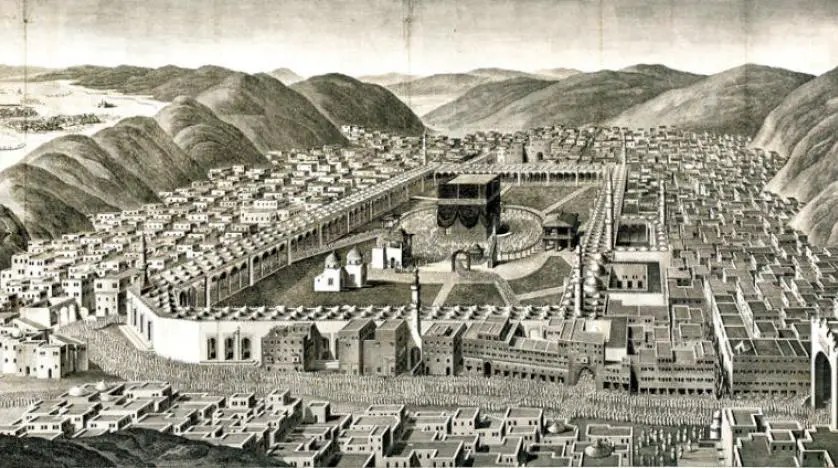Story of Prophet Hud in Islam is well known and mentioned in Quran. He was sent to the People of Aad to lead them to the path of Allah.
Finding out that Muslims also revere many of the Prophets found in Jewish and Christian faiths may surprise many people. Numerous historical figures, including Noah, Abraham, Moses, and Jesus, are mentioned frequently in the Quran. The Torah and the (Injeel) Gospels of Jesus are accepted by Muslims since they are two of the pillars of Islam, together with the belief in all of God’s prophets and the revealed Books. However, they also think that over time, these texts were changed or lost. Muslims, as a result, exclusively accept the veracity of the Quran and the verifiable traditions of the Prophet Muhammad.
Eber, a Noah’s descendant, is mentioned in the Old Testament. He is referred to as Heber in certain legends and is regarded as the originator of the Hebrew language. He is one of four Arabic prophets—the others being Saleh, Shuaib, and Muhammad—but is known as Hud in Islam. Ibn Jarir also asserts that Hud was a descendant of Noah, according to eminent Islamic scholar Ibn Kathir, who lived in the 14th century.
Story of Prophet Hud is the one of spreading the message that God is One and should be worshipped alone, after being sent by Allah to his brethren. All the Prophets of God delivered the same message. “O my people, worship Allah; you have no other God except Him,” Hud commanded his people. (Quran 11:50). The legendary city of Ubar, known in the Quran as Iram, is thought to have been the capital of Hud, which belonged to the prehistoric culture known as Aad. (89:6-7). Read about the Story of Prophet Hud in detail here.
People of Aad
For many years, the people of Ad resided on the windswept highlands of a region between Yemen and Oman. They were extremely strong and well-known for their skill, particularly when it came to erecting enormous structures with tall towers. They were the most powerful and wealthy of all the countries, which unfortunately made them haughty and proud. No one dared to raise a voice in opposition to the unjust rulers who held their political authority.
They did not reject Allah’s worship, nor did they deny that He even existed. They did, however, object to worshipping Allah alone. They also worshipped idols and other deities. This is a sin that Allah will not pardon.
Allah sent a prophet from among them in order to instruct and govern these people. This prophet was Hud (A.S.), a kind man who carried out his duty with remarkable tolerance and resoluteness.
He was Hud Ibn Shalikh, Ibn Arfakhshand, Ibn Sam, and Ibn Noah, according to Ibn Jarir. He further stated that Prophet Hud was descended from a tribe called ‘Ad Ibn ‘Uus Ibn Sam Ibn Noah tribe of Arabs who lived in Al-Ahqaf in Yemen, between Oman and Hadramaut, on a territory called Ashar that extended into the sea (i.e., the fifth generation of Prophet Noah). Their valley was known as Mughiith.
According to some stories, Hud was the first person to speak Arabic, while Noah was said to have been the first. Adam was allegedly the first person to exist.
Preaching by Prophet Hud (A.S.)
Hud warned the people of Aad about idolatry and asked, “My people, what is the use of these stones that you create with your own hands and worship? Actually, it is an insult to intelligence. Only Allah is the One Deity deserving of worship. You must submit to His worship and His alone.
“You were made by Him, He takes care of you, and He will also cause you to die. He blessed you in many ways and gave you beautiful bodies. Therefore, have faith in Him and do not disregard His favours, or else you will suffer the same destiny as Noah’s people.”
Hud attempted to inspire trust in them by this justification, but they rejected his argument. His followers questioned: “Do you want to lead us as your master through your call? Which money are you seeking?”
Hud made an effort to explain to them that he would be paid (rewarded) by Allah; all he asked of them was that they let the light of truth to enter their hearts and minds.
Allah says: And to ‘Ad (people We sent) their brother Hud. He said, “O my people! Worship Allah! You have no other Ilah (god) but Him, Certainly, you do nothing but invent (lies)! O my people I ask of you no reward for it (the Message). My reward is only from Him Who created me. Will you not then understand? And O my people! Ask forgiveness of your Lord and then repent to Him, He will send you (from the sky) abundant rain, and add strength to your strength, so do not turn away as Mujrimeen (criminals, disbelievers in the Oneness of Allah).”
They said: “O Hud! No evidence have you brought us, and we shall not leave our gods for your (mere) saying! And we are not believers in you. All that we say is that some of our gods (false deities) have seized you with evil (madness).”
He said: I call Allah to witness and bear you witness that I am free from that which you ascribe as partners in worship, – with Him (Allah). So plot against me, all of you, and give me no respite. I put my trust in Allah, my Lord and your Lord! There was not a moving (living) creature but He has grasp of its forelock. Verily, my Lord is on the Straight Path (the truth). So if you turn away, still I have conveyed the Message with which I was sent to you. My Lord will make another people succeed you, and you will not harm Him in the least. Surely, my Lord is Guardian over all things.”
The Arrogance of People of Aad
Hud made an effort to communicate with them and explain the bounties of Allah, including how He had made them Noah’s successors, given them strength and power, and sent rain to replenish the earth.
When Hud’s people realised they were the strongest on earth, they grew more arrogant and stubborn. So they argued frequently with Hud. They asked: “O Hud! Do you believe that we will be raised from the dead once we pass away and become dust?”
“Yes, you will return on the Day of Judgment, and each of you will be questioned about what you did”, Prophet Hud retorted.
After the last sentence, there was a roar of laughter. ” How odd Hud’s assertions are”, they thought. The unbelievers murmured to one another. They held the view that after a person passes away, their corpse decomposes into dust that is carried away by the wind. How could that possibly go back to how it was? What then is the Day of Judgment’s significance? What causes the resurrected dead?
Hud patiently answered each of these queries. Then he spoke to his followers about the Day of Judgment. He taught them the same thing every prophet has taught concerning the Day of Judgment, namely that belief in it is necessary for Allah’s justice.
Hud emphasised that since good does not always triumph in life, fairness necessitates the existence of a Day of Judgment. Sometimes, evil triumphs over virtue. Will these crimes escape punishment? A significant injustice would have occurred if the Day of Judgment didn’t exist, but Allah forbade injustice to be committed against Him or His followers. Therefore, the fact that there will be a Day of Judgment—a day when we will account for our actions and receive rewards or punishment for them—shows the degree of Allah’s justice. Hud discussed each of these topics with them. They listened, but they weren’t convinced.
Allah tells his people’s attitude towards the Day of Judgment: And the chiefs of his people, who disbelieved and denied the meeting in the Hereafter, and to who We had given the luxuries and comforts of this life, said: “He is no more then a human being like you, he eats of that which eat, and drinks of what you drink. If you were to obey a human being like yourselves, then verily! You indeed would be losers. Does he promise you that when you have died and have become dust and bones , you shell come out alive (resurrected)? Far, very far, is that which you are promised. There is nothing but our life of this world! We die and we live! And we are not going to be resurrected! He is only a man who has invented a lie against Allah, but we are not going to believe in him.”
“Is it not strange that Allah chose one among us to disclose His message to?” the chiefs of Hud’s people questioned.
Hud answered: “What about that is strange? Allah sent me to warn you because He wants to lead you in the correct direction. You are not far from the age of Noah’s flood, therefore keep in mind his account. No matter how powerful they were, every nonbeliever was destroyed.”
The chiefs questioned, “Who is coming to ruin us, Hud.”
Allah,” Hud retorted.
His people’s unbelievers said, “We will be saved by our gods.”
Hud made it clear to them that they would be destroyed because of the gods they worshipped, that only Allah can save people, and that no other force on earth has the ability to either help or harm someone.
The Conflict Continues
Hud and the people of Aad continued to be at conflict. As the years went by, they grew more arrogant, stubborn, despotic, and contemptuous of their prophet’s teachings.
In addition, they started calling Prophet Hud a mad lunatic. They revealed to him one day that the cause of his insanity was because he had insulted their gods and suffered as a result.
Almighty Allah repeated their words in the Qur’an: “O Hud! No evidence have you brought us, and we shall not leave our gods for your (mare) saying! And we are not believers in you. All that we say is that some of our gods (false deities) have seized you with evil (madness).”
Hud was forced to accept their trial. He was left with no choice but to turn to Allah alone and to issue them with a dire ultimatum. He declared to the People of Aad:
” I call Allah to witness and bear you witness that I am free from that which you ascribe as partners in worship with Him (Allah). So plot against me, all of you and give me no respite. I put my trust in Allah, my Lord and your Lord! There is not a moving (living) creature but He has grasp of its forelock. Verily, my Lord is on the Straight Path (the truth). So if you turn away, still I have conveyed the message with which I was sent to you. My Lord will make another people succeed you, and you will not harm Him.”
Hud then declared his dependence on Allah, who had created him, and rejected them and their gods. Hud understood that his people’s nonbelievers would face punishment. One of life’s laws is that. No matter how powerful, dictatorial, or wealthy the unbelievers are, Allah will punish them.
Allah’s Punishment Arrives
Hud and his followers awaited Allah’s word. Because the sky had stopped sending rain, a drought had spread throughout the countryside. The desert sands were burnt by the sun, which seemed like a disc of fire that landed on people’s heads.
“What is that drought, Hud?” hurried the people of Aad as they approached him.
Hud responded: “Allah took offence at you. If you have faith in Him, He will accept you, the rain will come, and you will grow more robust than you already are.”
They derided him and grew stubborner, ruder, and more twisted in their disbelief. Plants died, the trees went yellow, and the drought got worse.
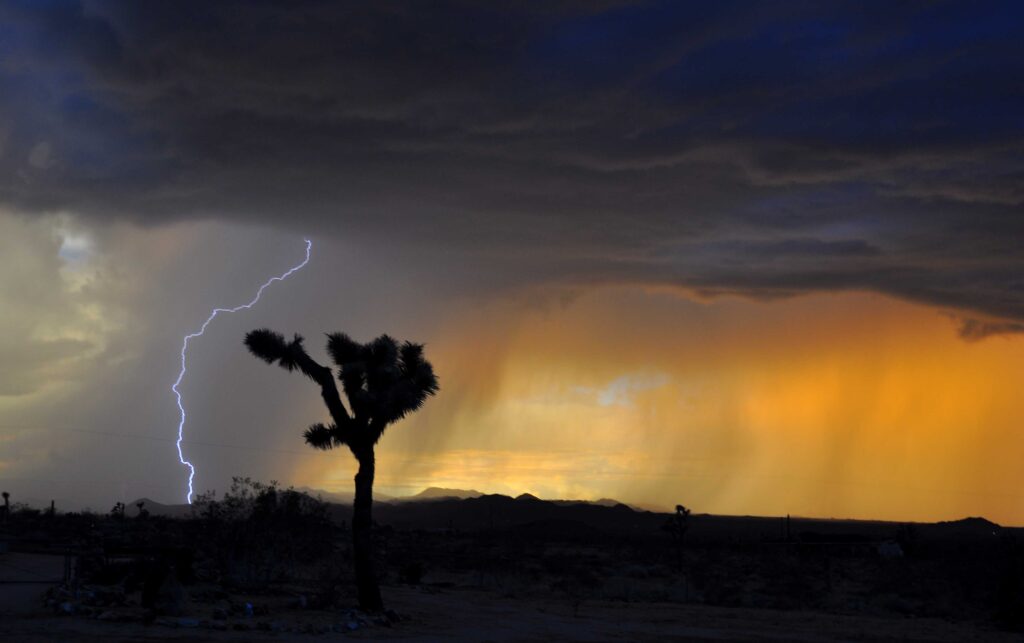
One day, they awoke to a cloud-covered sky. When Hud’s people emerged from their tents, they shouted with joy, “A cloud which will give us rain!”
The temperature suddenly changed from being scorching dry and hot to being stinging cold. The wind rocked everything: trees, plants, tents, people and women. Day after day and night after night, the wind picked up.
Almighty Allah recounts: Then, when they saw it as a dense cloud coming towards their valleys, they said: “This is a cloud bringing us rain!” Nay, but it is that (torment) which you were asking to be hastened! – a wind wherein is a painful torment! Destroying everything by the command of its Lord!
Allah the Exalted described it thus: And as for ‘Ad, – they were destroyed by a furious violent wind which Allah imposed on them for seven nights and eight days in succession, so that you could see men lying overthrown (destroyed) as if they were hollow trunks of palm trees!
That fierce wind didn’t let up until the entire area was reduced to rubble and its evil inhabitants were killed and sucked up by the desert’s sands. Only Hud and his adherents were left unhurt. They relocated to Hadramaut, where they lived in tranquilly and prayed to Allah, their true Lord. This was the Story of Prophet Hud.
The Story of Prophet Hud is good reminder to keep your iman strong and avoid Shirk at all cost. Read more inspiring stories of our beloved Prophets here. Or better Read the whole Quran online along with translation and transliterion. Make sure to follow us on social media to get islamic reminders.


